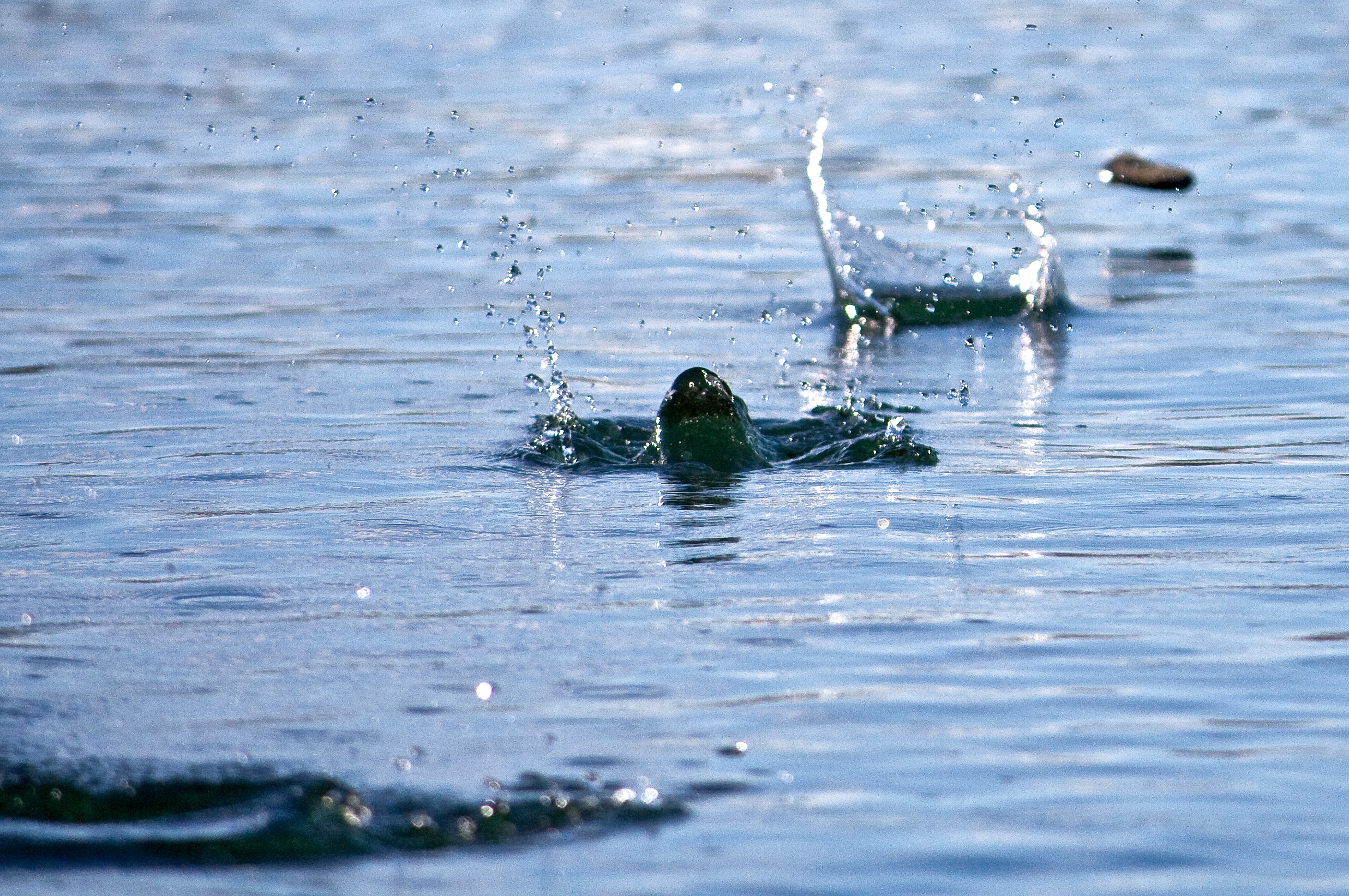|
Skipping
Skipping may refer to: * Skipping (gait), a rhythmic form of locomotion combining stepping and hopping * A game or form of exercise using a skipping rope * Exon skipping, in molecular biology * Stone skipping, throwing a stone so that it bounces off the surface of water * String skipping, a guitar-playing technique * Snowmobile skipping, a sport where drivers hydroplane snowmobiles on lakes or rivers * British slang for dumpster diving * an episode of the television series ''Teletubbies'' * a song by the band Associates from their 1982 album '' Sulk'' * Truancy Truancy is any intentional, unjustified, unauthorized, or illegal absence from compulsory education. It is a deliberate absence by a student's own free will and usually does not refer to legitimate excused absences, such as ones related to medic ... See also * * Skip (other) * Oswald Skippings (born 1953), former Chief Minister of the Turks and Caicos Islands {{disambig ... [...More Info...] [...Related Items...] OR: [Wikipedia] [Google] [Baidu] |
Skipping Rope
A skipping rope (or jump rope) is a tool used in a sport involving rhythmic jumping over a rope swung underfoot and overhead. The activity, practiced both recreationally and competitively, encompasses disciplines such as freestyle routines—featuring creative techniques—and speed events focused on maximizing jumps within timed intervals. Originating from indigenous practices observed in the 16th century and later popularized in 17th-century Europe, rope skipping transitioned from a gendered pastime to a widespread sport. It flourished notably in 19th-century urbanized societies, where it became a fixture of children's culture. Governed globally by organizations such as the International Jump Rope Union (IJRU), the sport is recognized for its cardiovascular benefits, offering efficient calorie expenditure and coordination improvement. Competitive frameworks include international tournaments categorized by age, sex, and skill, showcasing techniques ranging from basic jumps ... [...More Info...] [...Related Items...] OR: [Wikipedia] [Google] [Baidu] |
Stone Skipping
Stone skipping and stone skimming are the arts of throwing a flat Rock (geology), stone across water in such a way (usually Sidearm (baseball), sidearm) that it bounces off the surface. "Skipping" counts the number of bounces; "skimming" measures the distance traveled. History The 2nd-century CE Greek scholar Julius Pollux calls the game ἐποστρακισμός. The 3rd-century CE Latin writer Marcus Minucius Felix described children skipping shells on the beach. In England, a 1583 text calls it "Ducks and Drakes". An early explanation of the physics of stone-skipping was provided by Lazzaro Spallanzani in the 18th century. Records The world record for the number of skips, according to the ''Guinness Book of Records'', is 88, by Kurt Steiner (stone skipper), Kurt "Mountain Man" Steiner. The cast was achieved on September 6, 2013, at Red Bridge in the Allegheny National Forest, Allegheny National Forest, Pennsylvania. The previous record was 65 skips, by Max Steiner (no re ... [...More Info...] [...Related Items...] OR: [Wikipedia] [Google] [Baidu] |
Skipping (gait)
Skipping is a rhythmic form of bipedal locomotion that combines the step and hop. Skipping can be performed bilaterally (alternating lead foot) or unilaterally (continual lead foot). Unlike walking or running, skipping is an asymmetrical movement in which successive footfalls are not evenly spaced in time. The gait is unique in that it has the sustained flight phase found in running and the double support phase found in walking. Skipping is most commonly used by children of around 4.5 years of age. It is unclear why the gait is adopted in early years. Skipping is 150% more metabolically demanding than running performed at the same speed. Unilateral In unilateral skipping or bipedal galloping, one foot will always be ahead of the other. To perform the unilateral skip, take a step with the desired lead foot, hop forward on the same foot, land with the backfoot, and repeat. Unilateral skipping is commonly used by humans while descending stairs or maneuvering sharp turns. Astronauts ... [...More Info...] [...Related Items...] OR: [Wikipedia] [Google] [Baidu] |
Snowmobile Skipping
Snowmobile skipping, snowmobile watercross, snowmobile skimming, water skipping or puddle jumping is a sport and/or exhibition where snowmobile racers Hydroplaning (tires), hydroplane their sleds across lakes or rivers. Basics Snowmobile watercross consists of crossing water while riding a snowmobile, which is possible because snowmobiles have wide tracks for traction and flotation in the snow. If one hits the water at an adequate speed (5 mph per 150 lb or km/h per 100 kg of weight) and keeps the sled's throttle open, the track keeps the snowmobile on the surface of the water without sinking. If the rider backs out of the throttle or the sled bogs or floods out, the sled will sink. A sunk sled is able to be revived by cleaning water out of the carburetor, exhaust, spark plugs, and replacing the fuel. The front of the sled is pitched upwards as riders commonly do in deep mountain powder snow. History The Grantsburg, Wisconsin first annual World Championship Sn ... [...More Info...] [...Related Items...] OR: [Wikipedia] [Google] [Baidu] |
Dumpster Diving
Dumpster diving (also totting, skipping, skip diving or skip salvage) is wikt:salvage, salvaging from large commercial, residential, industrial and construction containers for unwanted items discarded by their owners but deemed useful to the picker. It is not confined to dumpsters and skip (container), skips specifically and may cover standard household waste containers, curb sides, landfills or small dumps. Different terms are used to refer to different forms of this activity. For picking materials from the curbside trash collection, expressions such as curb shopping, trash picking or street scavenging are sometimes used. In the UK, if someone is primarily seeking recyclable metal, they are scrapping, and if they are picking the leftover food from farming left in the fields, they are gleaning. People dumpster dive for items such as clothing, furniture, food, and similar items in good working condition. Some people do this out of necessity due to poverty; others do it for Fr ... [...More Info...] [...Related Items...] OR: [Wikipedia] [Google] [Baidu] |
Sulk
''Sulk'' is the second studio album by the Scottish post-punk and pop band the Associates. It was released on 14 May 1982 on their own Associates imprint of Beggars Banquet Records for the UK and throughout the rest of Europe on WEA Records and in the US on 4 October by Sire Records. It stayed in the UK Albums Chart for 20 weeks, peaking at No. 10, and it was crowned the album of the year by British music magazine ''Melody Maker''. Although it was the group's breakthrough record both critically and commercially, it was to be the last studio album recorded by the original pairing of Alan Rankine and Billy Mackenzie, as Rankine departed four months after its release. Recording Signing a distribution deal with WEA Records at the end of 1981 on the strength of the demos for " Party Fears Two" and "Club Country", Associates were given a £60,000 advance by the record label. Having spent half of the advance immediately on block-booking a studio for an indefinite period of time, ... [...More Info...] [...Related Items...] OR: [Wikipedia] [Google] [Baidu] |



